Contextually citing a Guardian online piece containing significant reference to Tower Hamlets Council abusing its 'powers' via its very own PRAVDA, the 'East End Life'!
From the web site of the London GUARDIAN.
Has Pickles chosen the right weapon to kill off council-run newspapers?
Share
Comments (5)
The Newspaper Society put up a report on its website today about the hearing held on Monday by the communities and local government (CLG) select committee to consider proposals to curb council-run newspapers.
It is, as you would expect, angled to support the newspaper publishers' viewpoint about the evil of council publications.
In short, they attract readers and advertisers away from commercial papers. And, in terms of editorial content, they are little more than propaganda sheets.
I am certainly in sympathy on that final point. To use the epithet beloved of the secretary of state for CLG, Eric Pickles, they do tend to be "town hall Pravdas."
That's why he has drawn up a revised local authority publicity code, which is due to come into force next year.
It will restrict the frequency of council-published papers to just four a year, and it will inhibit any such publications from carrying any paid-for advertising, including the statutory notices that are a lucrative form of revenue for the local and regional commercial press.
The changes to the code have upset local authorities, as their three articulate spokesmen made abundantly clear to the committee.
Richard Kemp, a Liverpool city councillor and vice chair of the Local Government Association, and Jules Pipe, the mayor of Hackney who represented all London councils, were particularly exercised at the way in which the restrictions will prevent them from meeting their obligations to communicate with their residents.
They argue that councils needed to step in because the information job is no longer being adequately done by local papers, due to falling circulations and falling staff numbers. Papers are failing to report comprehensively on what councils are doing.
I have some sympathy for that view. There is no doubt that there are worrying instances of under-reporting (that's precisely the reason for the Press Association's attempt last year to get a "public service reporting" project off the ground).
So there is an information vacuum, but some councils - not many - have gone too far, far too far, in their mission to inform.
A handful of London councils - notably Tower Hamlets, Hammersmith and Fulham, and Greenwich - decided to do more than simply communicate. They sought to publish free papers that looked and felt like paid-for papers.
In order to help defray the substantial costs involved, they then raised revenue through taking advertisements.
The real villain of the piece is the Tower Hamlets weekly, East End Life, which has made life intolerable for the East London Advertiser.
Life has double the staff of the Advertiser. It runs all the editorial you would expect to find in a paid-for commercial weekly. It raises money through running adverts.
It could be viewed as a rogue publication, a one-off. But it is clear that other councils saw it as a template and, as I said in my evidence to the select committee, the NS rightly viewed it as the thin end of the wedge.
Certainly, many councils have spotted the benefits of taking ads. NS communications director Lynne Anderson quoted an Audit Commission study that found 150 council publications were taking third party advertising.
The NS view has obviously prevailed. Hence the code revisions. But I am still worried that Pickles is using a sledgehammer to crack a nut.
In preventing, quite rightly, the disgraceful "passing off" of East End Life, the government is in danger of preventing councils - especially in areas where papers are thin on the ground - from telling voters what is happening. That was surely not the intention.
The code needs reconsideration.
If you want to read a full-frontal assault on the new code, then see Greg Hadfield's piece, What would Stalin think? Council newspapers should be more democratic - not banned, on the Media Briefing blog.
The full select committee hearing can be found here on the parliamentary website. There is also a BBC Radio 4 Today in Parliament report here, about 22 minutes in.
Subscribe to:
Post Comments (Atom)














![Kay Jordan marched in Hanbury Street, Princelet street on 17 January 2006 [pictured below]](https://blogger.googleusercontent.com/img/b/R29vZ2xl/AVvXsEjmFpkcZgAW1eZKWId6O-xApvo7_zu4rL0QLz_ByB_FHaKbyUkAFfaPT1RdxXqjX-YVvveRu2zdPyr0pXqiFK-0SAjQd5vyTwGgGDnyU600Gk-gu-MueRhRIg_UhFT66fo8gzCl2tM4BX-8/s760/KHOODEELAAR%2521+No+to+Crossrail+Hole%252C+Demo+in+Hanbury%252C+Spelman%252C+Princelet+Streets+and+Brick+Lane+London+E1+17+January+2006.jpeg)
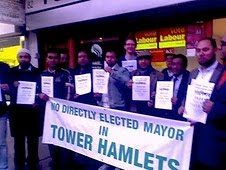
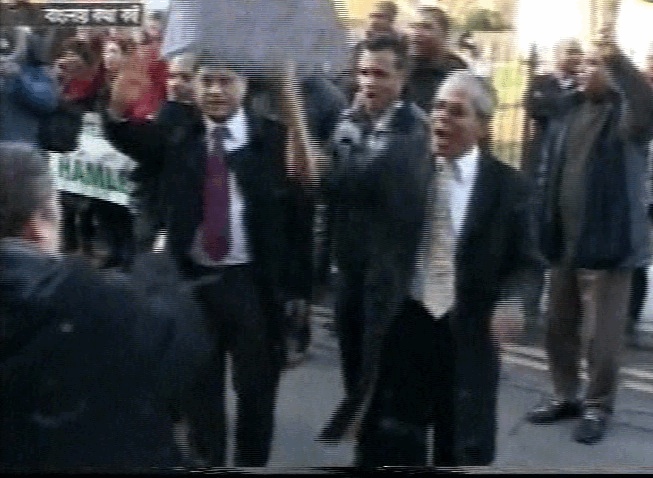



















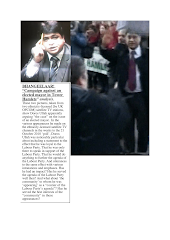




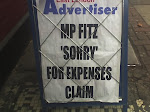

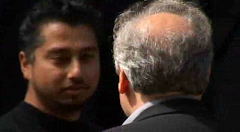
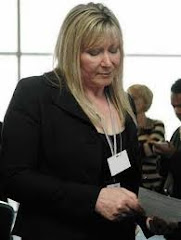
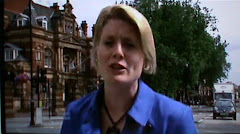


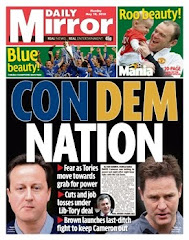
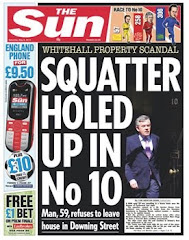
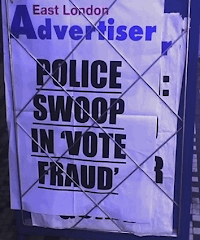
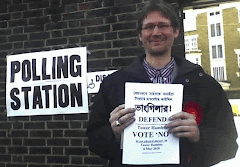
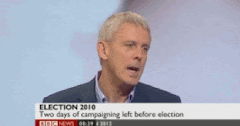

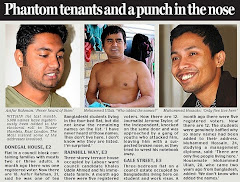




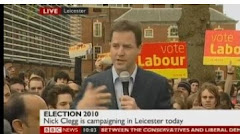
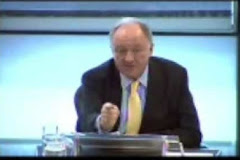
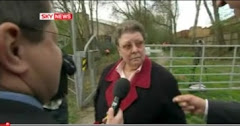

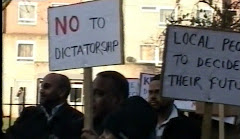



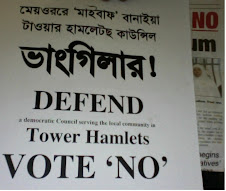
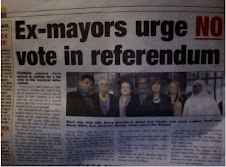



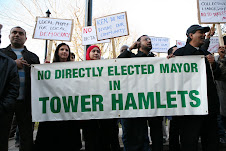

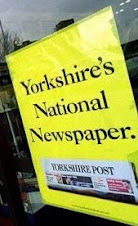

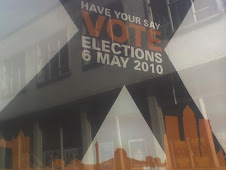
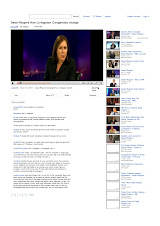
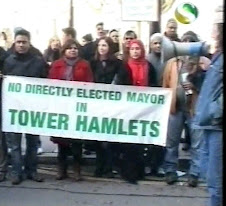
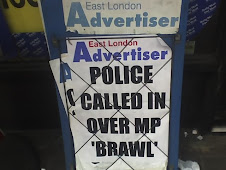
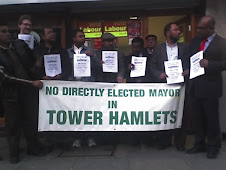
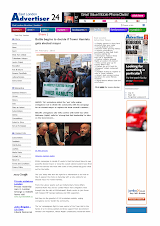
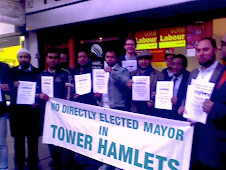
No comments:
Post a Comment